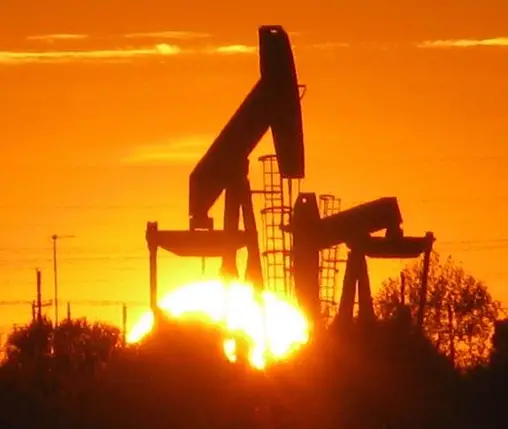Wael Sawan, the CEO of British energy firm Shell, has launched a staunch defense of the world’s usage of oil and gas, saying that any attempt to reduce the world’s reliance on the fossil fuels would be “dangerous and irresponsible.”
Speaking to the BBC on Thursday in an interview, Sawan said that the global economy still, “desperately needs oil and gas,” and that the world is not making the transition to renewable energies fast enough to see them replaced.
The European Commission sought to see the EU accelerate its transition to green energy last year in an effort to end its dependence on Russian oil and gas. However as the bloc attempted to eliminate its imports of Russian fuel, energy prices skyrocketed, triggering massive inflation and a huge cost of living crisis throughout the bloc.
Sawan noted that if hydrocarbon fuel production is cut, global energy supplies would drop, prices would skyrocket, and that would only worsen the economic downturn, driving bills up, increasing inflation, requiring more interest rate hikes, and doing so just as Chinese demand for energy is rapidly growing, and the winter heating season is fast approaching in Europe.
Climate activists took issue with this position, with Emily Shuckburgh, a climate scientist at the University of Cambridge, saying Shell needs to focus on assisting the transition to green energy, “rather than trying to suggest the most vulnerable in society are in any way best served by prolonging our use of oil and gas.”
Antonio Guterres, the head of the UN, recently called investing in oil and gas production, “economic and moral madness.”
Responding to those remarks, Sawan said that, “what would be dangerous and irresponsible is cutting oil and gas production so that the cost of living, as we saw last year, starts to shoot up again.”
He said that the frantic push in the EU to eliminate its reliance on Russian energy last year, mostly by rushing to purchase liquified natural gas from America and the Middle East, triggered a bidding war on the fuel, and forced poorer countries like Pakistan and Bangladesh to endure shortages when they could not afford to purchase sufficient quantities of the fuel.
Sawan pointed out, “They took away LNG from those countries and children had to work and study by candlelight. If we’re going to have a transition, it needs to be a just transition that doesn’t just work for one part of the world.”
Recently the Organization of the Petroleum Exporting Countries (OPEC) forecast that oil will continue to be irreplaceable for the foreseeable future, noting that figures indicate the world demand for crude oil will increase to 110 million barrels per day by the year 2045.


